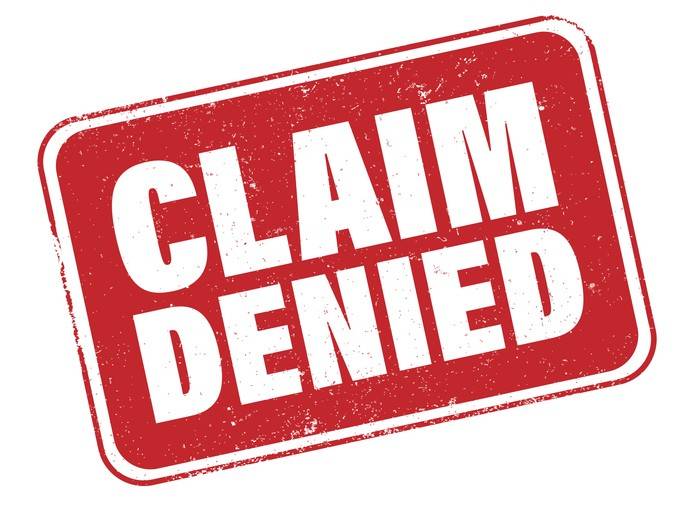When someone is injured in a crash, they expect their auto insurance—or the other driver’s policy—to step in and provide the support they need. Unfortunately, many Georgia drivers only discover too late that their claim has been denied due to fine print they never fully understood.
Hidden policy exclusions can leave injured individuals without coverage at the worst possible moment. Understanding how these exclusions work is critical when seeking compensation. Here, our Atlanta personal injury attorneys at Ashby Thelen Lowry explain.

Understanding the Fine Print: What Are Policy Exclusions?
Insurance exclusions are specific conditions or scenarios an insurer will not cover, even if the policy offers broad protections. While exclusions may be legal and disclosed, they are often buried in the fine print or written in dense legal language. This makes it easy for policyholders—and crash victims—to miss them entirely until they try to file a claim.
Some of the most problematic exclusions arise in Georgia liability, uninsured motorist (UM), and personal injury protection (PIP) policies. Victims often don’t realize their vulnerability until the insurer uses one of these provisions to deny payment for medical bills, lost income, or other damages.
Common Georgia Auto Policy Exclusions That Hurt the Injured
Several specific exclusions regularly appear in Georgia car insurance policies and can have devastating consequences for victims trying to recover.
They include, but are not limited to:
- Excluded drivers: If the person who caused the crash wasn’t listed on the policy—or was excluded explicitly by name—the insurer may refuse to pay any claims.
- Racing or reckless driving exclusions: Some policies exclude coverage if the driver was engaged in illegal street racing or other irresponsible behavior.
- Rideshare driving: Many personal auto insurance policies exclude coverage while the insured drives for Uber, Lyft, or other app-based services unless a specific rideshare endorsement is added.
- Intentional acts: If the insurer determines the driver acted intentionally or maliciously, they may deny the claim under the “intentional act” exclusion—even when victims are injured.
- Out-of-state vehicle use: Certain policies limit coverage when a car is regularly driven outside Georgia but not registered or disclosed as such.
These exclusions disproportionately affect people who are not at fault but are still without financial support.
Why Insurance Companies Use These Exclusions to Deny Claims
Insurance companies are profit-driven businesses. When they can point to a policy exclusion—especially one that shifts blame to the insured driver—they reduce their financial responsibility. Unfortunately, many injury victims only learn about these exclusions after receiving a denial letter and facing mounting medical costs.
Victims often feel powerless in the face of legal jargon and corporate insurance strategies. However, under Georgia law, insurers have a duty to act in good faith, and legal remedies may be available when they don’t.
How Ashby Thelen Lowry Can Help Victims Navigate Denials
At Ashby Thelen Lowry, we understand how insurance companies exploit hidden clauses to avoid paying legitimate claims. We help crash victims uncover their rights, challenge unfair denials, and pursue all possible avenues of compensation, including holding insurers accountable for bad faith denials.
You don’t have to accept that answer if your claim was denied due to a hidden exclusion. Contact our Atlanta legal team today to review your case. You may still have options—and we’re here to fight for them.
